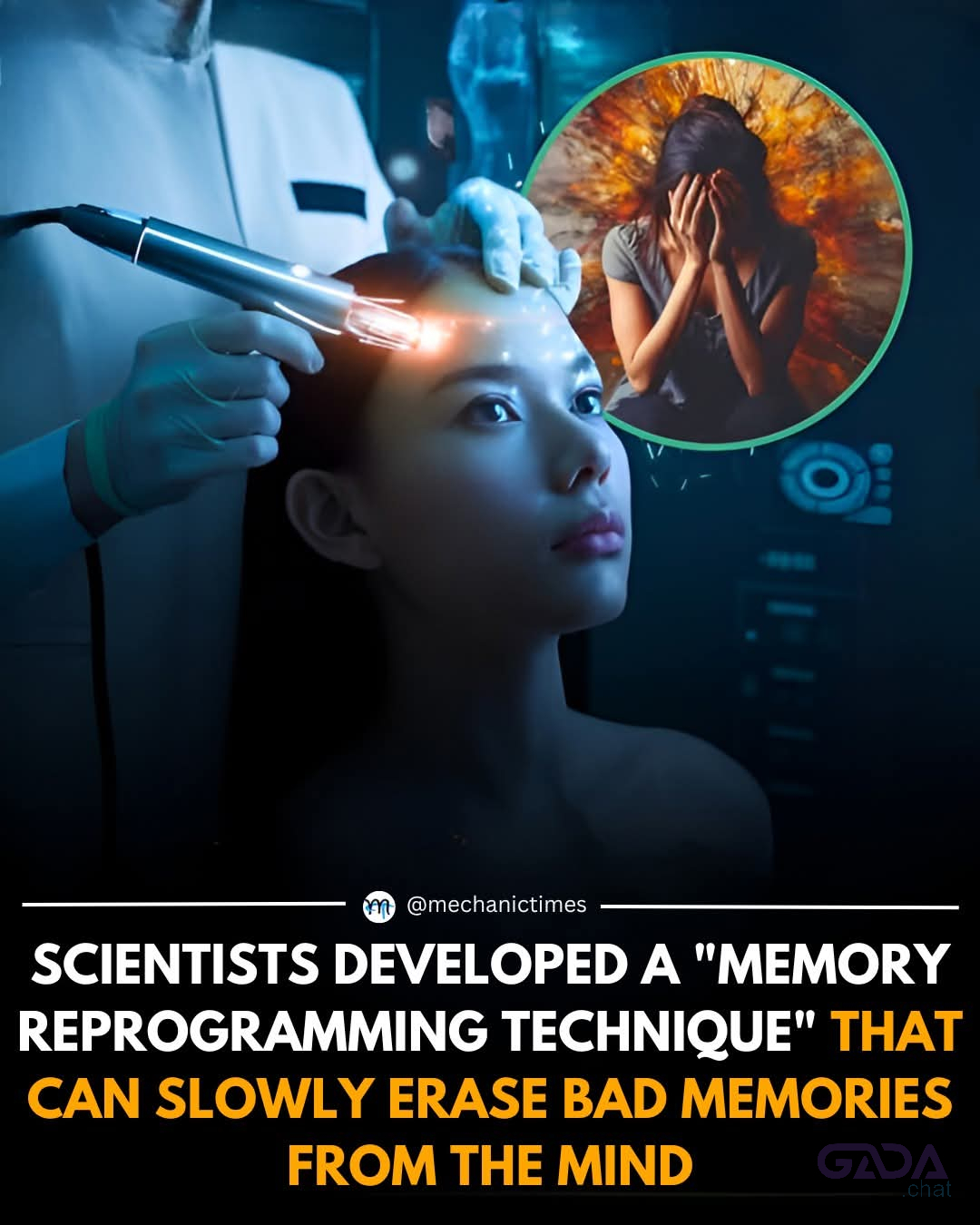A new non-invasive “memory reprogramming” technique could help erase painful memories — slowly, and gently. It’s called Targeted Memory Reactivation (TMR), and it works by pairing neutral or positive stimuli with traumatic memories, then subtly reinforcing the new connection during sleep using sound cues.
Participants in early studies showed reduced emotional response and memory recall of previously negative experiences — a potential game-changer for treating PTSD, anxiety, and depression.
If refined, this could lead to a future where emotional healing doesn’t require forgetting — just rewriting.
#MemoryReprogramming #EraseBadMemories #MentalHealthInnovation #PTSDRelief #FutureOfTherapy #BrainScience #EmotionalHealing #SleepTherapy #Neuroscience
Participants in early studies showed reduced emotional response and memory recall of previously negative experiences — a potential game-changer for treating PTSD, anxiety, and depression.
If refined, this could lead to a future where emotional healing doesn’t require forgetting — just rewriting.
#MemoryReprogramming #EraseBadMemories #MentalHealthInnovation #PTSDRelief #FutureOfTherapy #BrainScience #EmotionalHealing #SleepTherapy #Neuroscience
A new non-invasive “memory reprogramming” technique could help erase painful memories — slowly, and gently. It’s called Targeted Memory Reactivation (TMR), and it works by pairing neutral or positive stimuli with traumatic memories, then subtly reinforcing the new connection during sleep using sound cues.
Participants in early studies showed reduced emotional response and memory recall of previously negative experiences — a potential game-changer for treating PTSD, anxiety, and depression.
If refined, this could lead to a future where emotional healing doesn’t require forgetting — just rewriting.
#MemoryReprogramming #EraseBadMemories #MentalHealthInnovation #PTSDRelief #FutureOfTherapy #BrainScience #EmotionalHealing #SleepTherapy #Neuroscience
0 Commentarios
0 Acciones
839 Views




